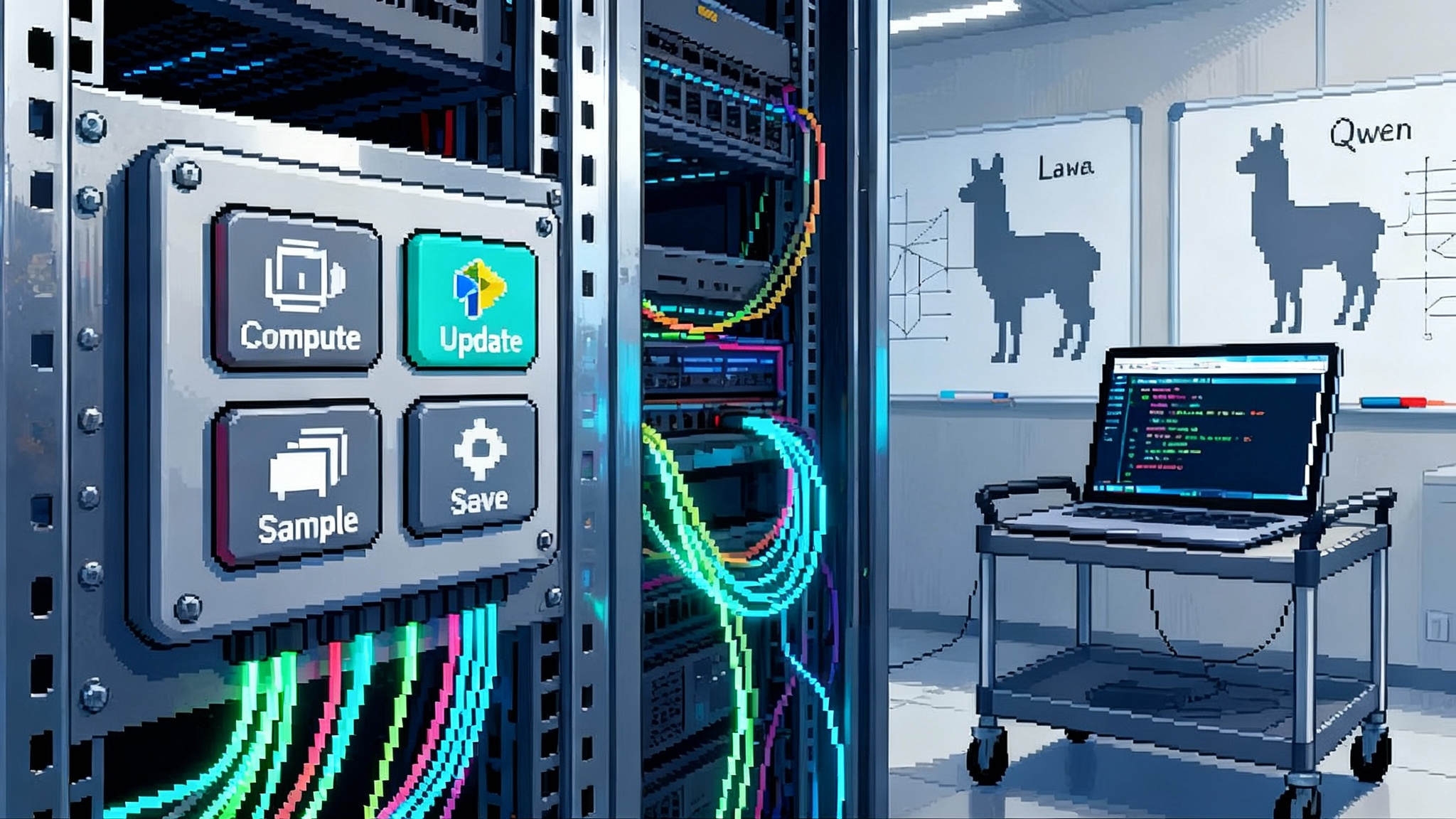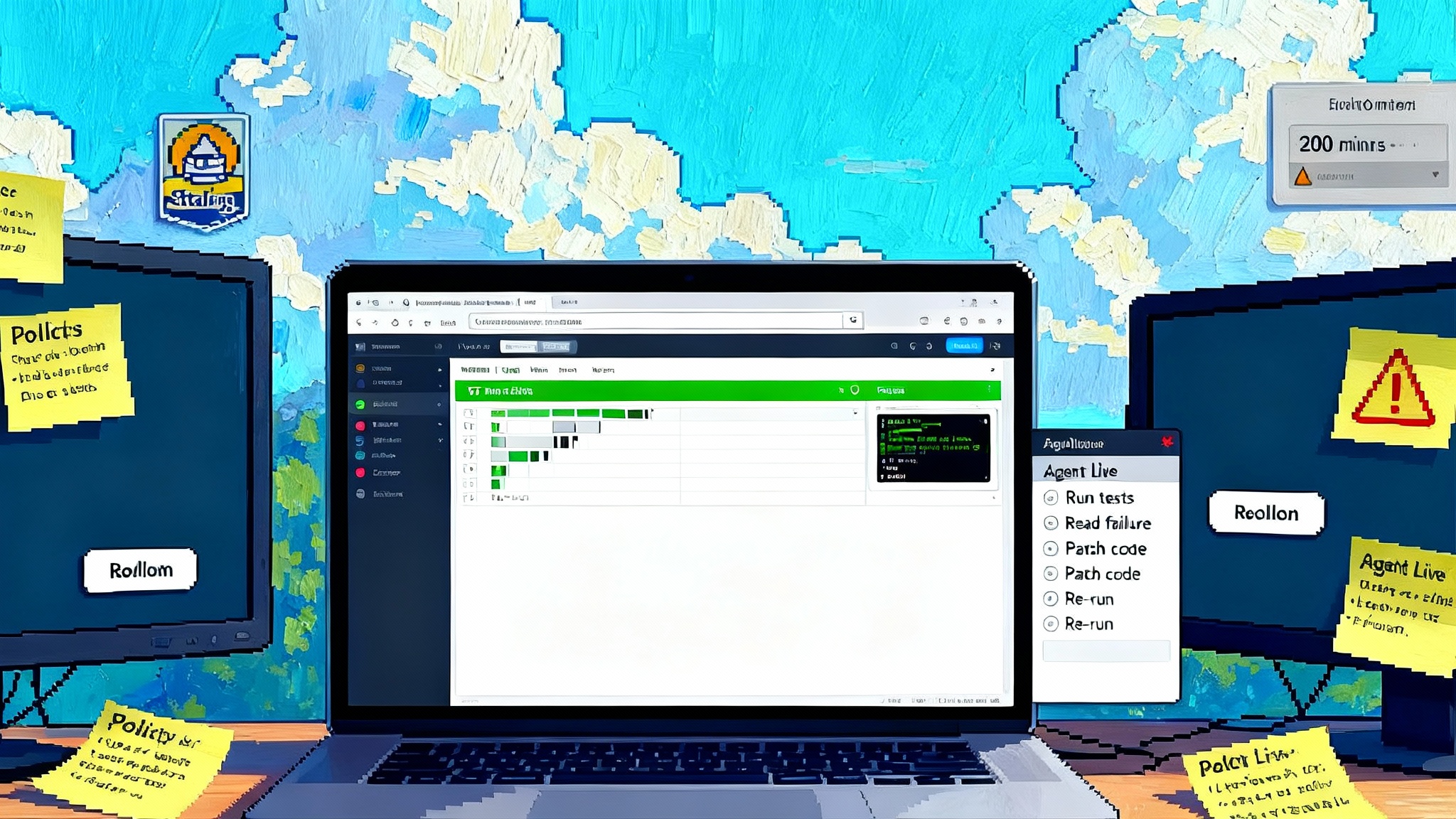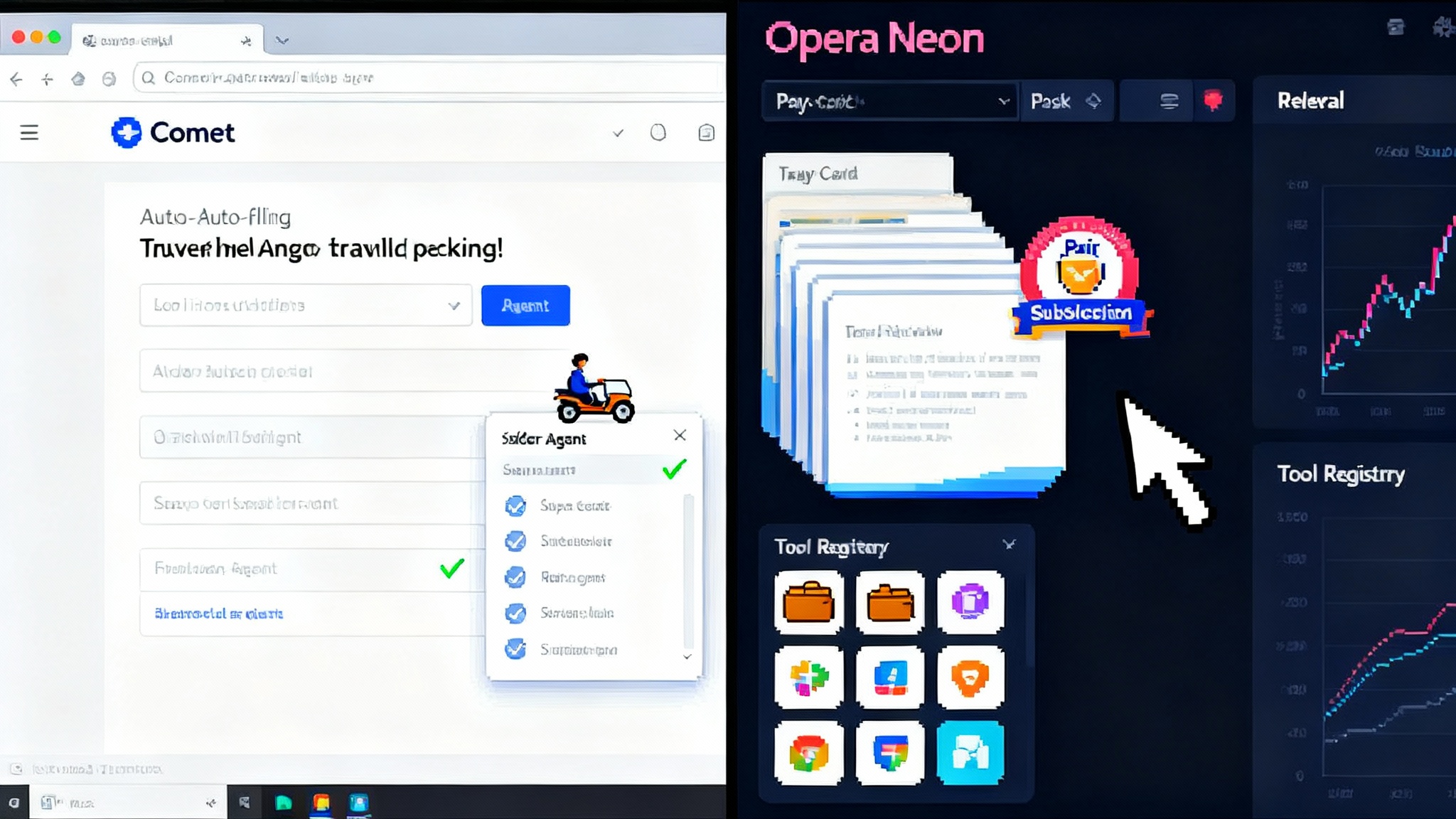OpenFrame brings approval gated agents to MSP operations
Flamingo’s OpenFrame lands with a practical blueprint for managed service providers: approval-gated AI agents that plug into existing tools, cut ticket toil, reduce lock in, and restore margins with real auditability.

OpenFrame announces an open-source agent framework aimed at managed service providers, focusing on approval-gated AI agents that plug into existing tools, provide safety through guardrails, and deliver production-ready automation with auditability. The architecture is framed around four boxes—Event bus, Planner, Tool belt, and Gate and ledger—connected to existing systems via data ingestion, policy enforcement, and execution capabilities. The framework emphasizes non-lock-in integration, shadow mode for testing without changes, and a reference MSP deployment that avoids rip-and-replace changes. It provides a practical catalog: starter data ingestion and normalization, planning and policy, execution and observation, safety and rollback, and audit and learning. The piece outlines a minimal policy example, early KPIs (mean time to resolution, auto remediation rate, rollback safety, approval latency, drift and rework, human trust), and concrete starter automations (the first ten automation use cases). It also discusses the economics of margin recovery, safety-first design (scope, evidence, simulation, rollback), and a phased adoption plan (30/60/90 days), followed by vendor-lock-in considerations and enterprise IT/SECOPS implications. Finally, it offers a 30/60/90 day adoption plan and a high-level takeaway on achieving safe, repeatable automation with auditability to restore margins and reduce tooling waste.








